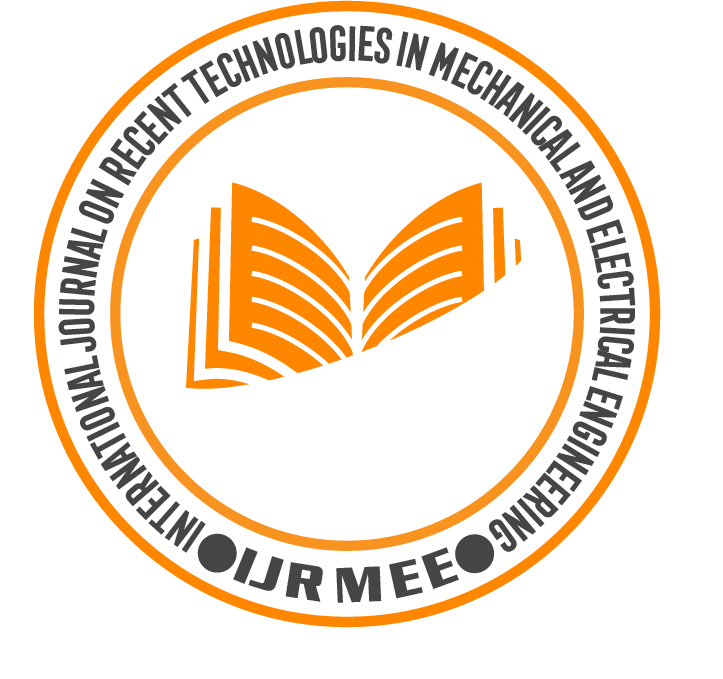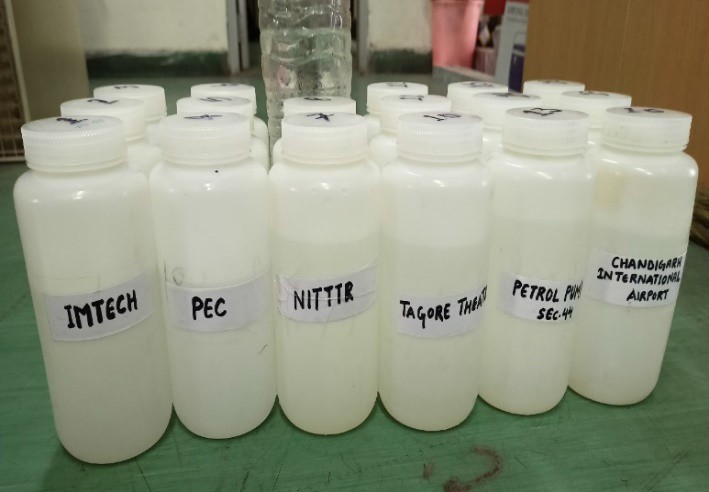Water Quality Analysis in Chandigarh
Main Article Content
Abstract
Water is one of the most valuable natural resources on the planet and is crucial for the survival of both plant and animals. Water quality is just as crucial as water availability. Glaciers should be taken into account when calculating the amount of water on earth, which is 97 percent ocean and 3 percent fresh water. There are surface and subterranean water bodies that contain 2% of fresh water, which is suitable for human consumption. So, when we drink water, it is important to assess its quality and regulate it in a disciplined manner. Water's physical, chemical, and biological properties all have an impact on its quality.These characteristics of water are impacted by water contamination brought on by numerous human activities. Depending on the activities, pollutants are disposed of in water bodies, changing the characteristics of water's standard amount.This present study collected water samples from 18 different places in Chandigarh area Then the data have been taken of different parameters like Temperature, pH, Turbidity, Total Dissolved Solids, and Electrical Conductivity and visualize the data on the dashboard in the form of graphs.
Article Details
References
H.A.N. Silva, A. Rosato, R. Altilio, M. Panella, Water quality prediction based on wavelet neural networks and remote sensing, 2018 International Joint Conference on Neural Networks (IJCNN), IEEE, Rio de Janeiro, Brazil, 2018, pp. 1–6.
S. Chatterjee, S. Sarkar, N. Dey, S. Sen, T. Goto, N.C. Debnath, Water quality prediction: multi objective genetic algorithm coupled artificial neural network based approach, 2017 IEEE 15th International Conference on Industrial Informatics (INDIN), IEEE, Emden, Germany, 2017, pp. 963–968.
T.H. Aldhyani, M. Al-Yaari, H. Alkahtani, M. Maashi, Water quality prediction using artificial intelligence algorithms, Applied Bionics and Biomechanics 2020 (2020), 6659314.
American Public Health Association and American Water Works Association 1999 Standard Methods for the Examination of Water and Wastewater. 20th Ed, Washington, D.C., USA
Brown R. M., McClelland N. I., Deininger R. A., Tozer R. G. 1970 A water quality index- do we dare? Water and Sewage Works, October 1970, 339-343
Bureau of Indian Standards 2012 Indian Standard Drinking Water Specification (Second Revision)
Deshpande L.undated Water Quality Analysis: Laboratory Methods. National Environmental Engineering Research Institute (NEERI), Nagpur, Council of Scientific & Industrial Research, New Delhi, Govt. of India
Kori R., Parashar S., Basu, D.D. undated Guide Manual: Water and Wastewater Analysis. Central Pollution Control Board, Ministry of Environment and Forest, India
Metcalf E., Eddy H. 2003 Wastewater Engineering: Treatment and Reuse. Tata McGraw-Hill Publishing Co Ltd, India
Roy R. 2018 An Approach to Develop an Alternative Water Quality Index Using FLDM. In: Majumder M. (eds) Application of Geographical Information Systems and Soft Computation Techniques in Water and Water Based Renewable Energy Problems. Water Resources Development and Management. Springer, Singapore, 51-68
Roy R., Majumder M. 2017 Comparison of surface water quality to land use: a case study from Tripura, India. Desalination and Water Treatment, 85, 147-153
Roy R., Majumder M. 2018 A Quick Prediction of Hardness from Water Quality Parameters by Artificial Neural Network. International Journal of Environment and Sustainable Development, 17(2/3), 247- 257
Tyagi S., Sharma B., Singh P., Dobhal R. 2013; Water Quality Assessment in Terms of Water Quality Index. American Journal of Water Resources, 1(3), 34-38
World Health Organization 2004 Guidelines for Drinking-Water Quality (3rd edition)

